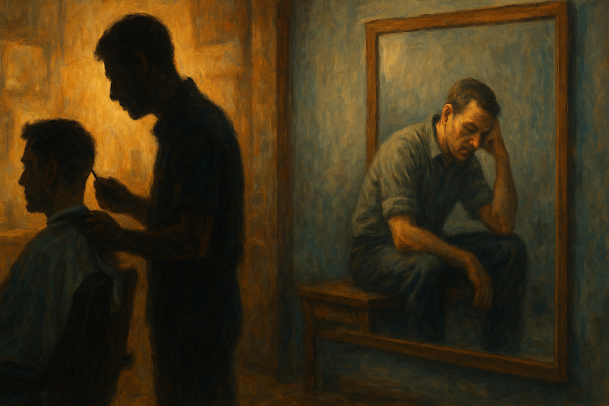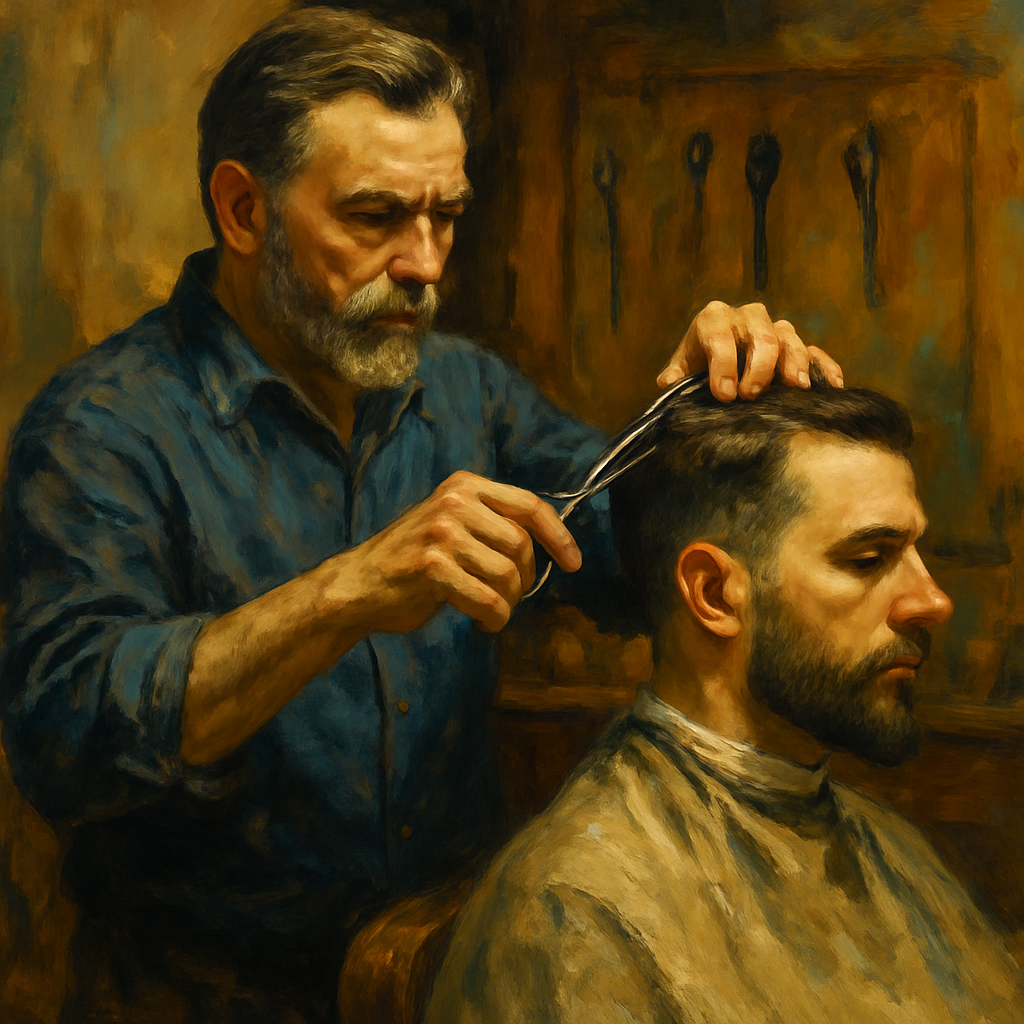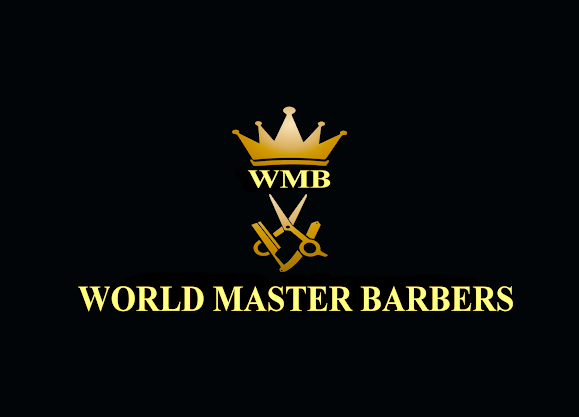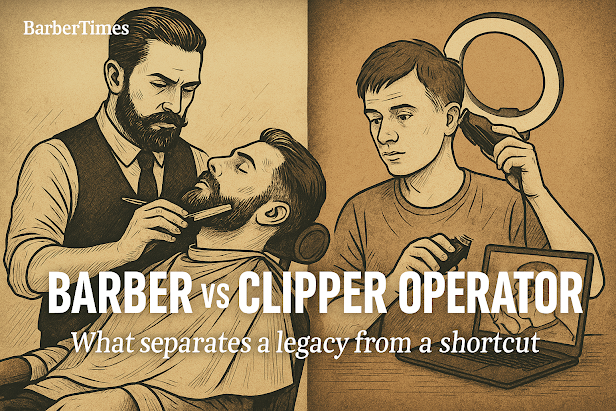Why So Many Senior Barbers Feel Burned Out — And What We Often Don't See Behind the Chair
July 10, 2025

Spend a day in a barbershop and you'll witness more than just fades and beard trims. You'll see artists at work — sculpting hair, boosting confidence, and turning a simple haircut into a moment of transformation. But stay long enough, and you might also sense a quieter truth, especially among barbers who've been in the game for over a decade.
Many seasoned barbers, even the most talented and respected, start to feel it: burnout.
After ten or more years behind the chair, something shifts. The passion that once burned bright may flicker. The upbeat energy that welcomed every client with a smile may start to fade. Some barbers grow quieter, more reserved — even grumpy, some say. Others leave the profession entirely.
But before we judge, let's pause and understand why.
The Hidden Toll of a Beautiful Craft
Barbering isn't just physical work. It's emotional, mental, and deeply personal. Every cut requires full attention to detail — the kind of focus that drains you, hour after hour, client after client. There's no autopilot in this job. Every blend, every line-up, every taper is a decision. A statement.
And that's just the technical part.
For 30 minutes or more, barbers are also emotionally present — listening, engaging, laughing, supporting. The conversations might be light, or they might carry weight: relationship struggles, health issues, life challenges. The barber hears it all. And they hold space for it, with grace.
This constant closeness, this deep emotional labor, takes its toll. The body aches. The mind grows tired. The soul, at times, feels worn out.
It's no surprise then that many veteran barbers quietly start dreaming of a new path. A different pace. A little more solitude. Some become educators. Others shift into product lines, management, or even entirely new careers. Not because they've stopped loving barbering — but because barbering, like all deeply human work, asks a lot.
From Master to Monk
Many master barbers, especially those with 15 or 20 years under their belt, become quieter outside the shop. They might skip the social events. They might not post every haircut online. They recharge in silence. Some become introverts by necessity — preserving energy for their craft.
And that's okay.
Barbering is a beautiful art form. But like all art, it asks for sacrifice. It demands presence, care, and consistency — things that are harder to give over time without support and balance.
What We Can Do
If you're a young barber, remember this: pace yourself. Protect your energy. Take breaks. Build boundaries. And never be ashamed to say, "I need time."
If you're a client, honor your barber. Appreciate that haircutting isn't just a service — it's a human-to-human exchange. Be kind. Be patient. Tip well (if you're in a country where tipping is customary). Respect the effort.
And if you're a senior barber reading this — thank you. For your years. Your passion. Your quiet resilience. Whether you choose to stay or step away, know that your work has shaped lives. And your well-being matters too.
Because in the end, barbering is more than a job — it's a journey. One that deserves care, community, and deep respect.


